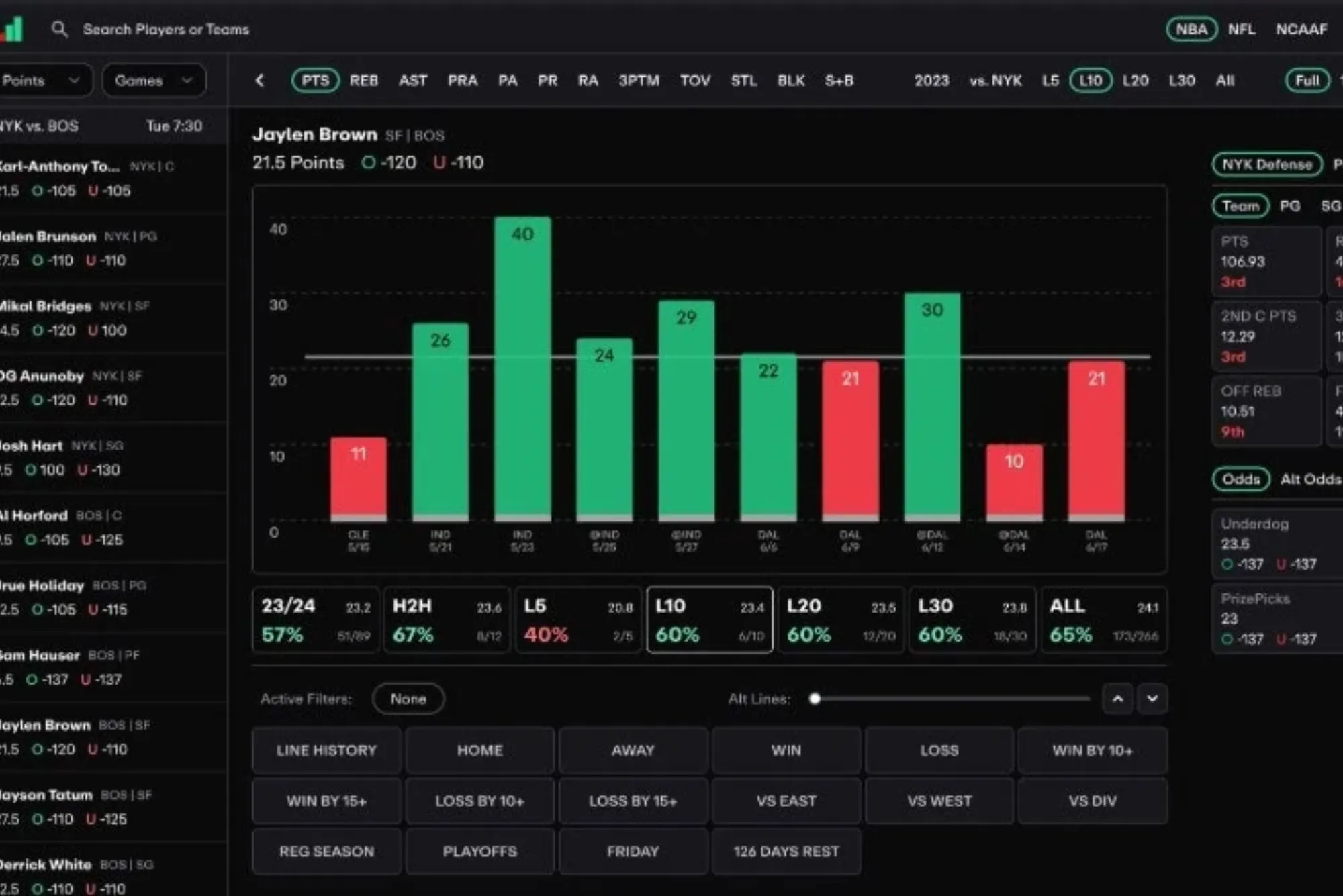Live dealer games bridge the gap between the excitement of brick-and-mortar casinos and the convenience of online play. When I first dipped my toes into this space, I felt both exhilarated by the human interaction and intimidated by the fast pace. Over time, however, I discovered that mastering live dealer strategy isn’t about memorizing every rule or chasing big wins; it’s about understanding game flow, managing your bankroll intelligently, and cultivating patience. In this article, I’ll share practical tips, real-world examples, and insights drawn from my own early missteps so that you can accelerate your learning curve—and enjoy live dealer play with confidence and control.
What Makes Live Dealer Games Different?
Live dealer titles recreate the social atmosphere of a casino floor by streaming real croupiers in real time. Unlike automated RNG tables, live dealer games let you see the cards dealt or the roulette wheel spin in front of you. This transparency reduces suspicion about fairness and fosters engagement through a chat window or on-screen interaction. But it also means the pace can be brisk—some tables run dozens of roulette spins or blackjack hands per hour. As a beginner, you need to acclimate to that tempo so you avoid feeling rushed or emotionally reactive.
Dealers themselves can influence rhythm too. Some croupiers are chatty and friendly, giving beginners time to breathe between rounds. Others work quickly and expect players to make swift decisions. Watching a few rounds without betting can help you gauge table culture and choose a game paced to your comfort level.
Choosing the Right Environment
Not all platforms offer the same quality of live streams, game variety, or dealer professionalism. While many players start with familiar domestic sites, there’s also appeal in exploring offerings at non UK casinos—especially if you seek unique variants or higher betting limits early on. These sites often feature exclusive game shows, VIP tables, or regional dealer styles that can enhance your experience. It’s wise to check licensing, streaming quality, and dealer language before committing your bankroll, so you can focus on strategy rather than troubleshooting technical issues.
Building a Solid Foundation
Understand Basic Odds and House Edge
Every live dealer game carries a house edge—Blackjack might average around 1%, whereas Live Roulette European wheels carry about 2.7%. Baccarat sits near 1.06% on banker bets, but other side wagers can spike to 14% or more. Beginners often overlook these differences, padding wild side bets or chasing unlikely streaks. My early sessions taught me the hard way that knowing which bets minimize the house edge is crucial; otherwise, no amount of tactical play can overcome the statistical disadvantage.
Bankroll Management Is Non-Negotiable
When the adrenaline flows, it’s easy to let emotions dictate how much you stake. I once chased a bad beat in blackjack by doubling down repeatedly—and drained my session funds in under fifteen minutes. To avoid that trap, decide your session budget before logging in and divide it into smaller units. For example, if you have £100 to play, consider capping each bet at 1–2% (£1–£2) to extend your play time and allow for strategic adjustments. If your session bankroll falls below half, it’s often wiser to step away rather than risk tilting further.
Cultivating Effective Betting Patterns
Start Slow and Observe
Before placing any real wagers, I recommend using low-stake tables or demo modes to familiarize yourself with dealers’ rhythms. Observe how long each phase takes—betting window, dealer shuffle or wheel spin, result announcement—and note how the interface updates. That mental map helps you anticipate when to click, reducing the chance of delayed decisions that might cost you a hand or spin.
Leverage Small, Consistent Bets
Rather than swinging for large bets early, experiment with modest, consistent stakes that align with the table’s minimum. This approach reveals underlying patterns—dealer tendencies in blackjack (e.g., hit on 16 vs. stand on soft 17), roulette bias (if any), or baccarat shoe trends—without exposing your bankroll. In my first live baccarat session, I placed only £2 bets for the first ten rounds just to build confidence; by the time I increased to £5 bets, I felt more control over my choices.
Advanced Decision-Making Techniques
Timing When to Adjust Stakes
As you play, track your bankroll relative to the initial stake. If you’re up 10–20%, consider locking in some profits by reducing your bet size or taking a short break. Conversely, if you’re down a similar amount, resist the urge to chase losses with higher wagers. Discipline in staking adjustments ensures you treat winning and losing runs with equal caution—preventing greedy escalations or panic-driven bets.
Incorporating Side Bets Judiciously
Many live dealer tables offer side wagers—tie bets in baccarat, perfect pairs or 21+3 in blackjack, and street bets in roulette. These carry much higher house edges, sometimes exceeding 9%. Yet, a beginner can occasionally indulge in a small portion (say 5% of your session bankroll) for side bets, simply to inject excitement once the core strategy is established. I personally limit side bets to no more than two rounds per session, treating them as paid entertainment rather than profit engines.
Leveraging Real-Time Feedback and Chat
Live dealer platforms often let you chat with the dealer or other players. While the primary purpose is social, you can use these interactions to clarify rules or ask about unusual outcomes (e.g., a shuffle confirmation). Just be mindful that chatting excessively can distract you; I find it helps to keep chat open in a corner, glance over only on natural breaks, and mute it when focusing on a critical decision.
Embracing Practice and Reflection
Reviewing Your Sessions
After each session, take a few minutes to jot down key metrics: total hands or spins played, win/loss amount, peak bankroll, and any notable decisions (e.g., “stood on soft 18, called on 17”). Over time, you’ll spot where emotional betting crept in or where your timing faltered. This practice mirrors how professional players review video footage of their play—to continuously refine technique.
Setting Incremental Goals
Instead of aiming to transform into a live dealer guru overnight, set small objectives. Perhaps you commit to mastering basic bankroll control for three sessions, then focus on precise double-down timing in blackjack for the next three. By breaking down learning into manageable chunks, you avoid overwhelm and celebrate progress more often.
Real-World Example: From Novice to Confident Player
I remember my first twenty live blackjack hands felt surreal: the green felt, the flick of the dealer’s hand, the real cards shuffling in view. I placed random bets, sometimes leaning on gut feelings. By session five, after disciplined bankroll caps and observing outcomes without betting, I began to see recurring dealer tendencies—certain tables seemed to favor early shuffles, for instance, which altered count-based strategies. I then transitioned to low-limit baccarat, testing banker bets exclusively to benefit from the slight edge, and watched my win rate climb modestly but steadily. That gradual, deliberate progression built both skill and confidence.
Pitfalls to Avoid
Beginners often fall into a few common traps:
Overchasing Big Wins: Live dealer jackpots or progressive side bets tempt players to stake aggressively. Treat these as occasional diversions, not core strategy.
Misreading “Hot” and “Cold” Runs: Short sequences of wins or losses do not change underlying probabilities. Avoid ramping up stakes simply because you feel “due” for a win.
Ignoring Time-On-Table Costs: Online sessions cost real money over time; fatigue can erode decision quality. Schedule regular breaks to reset focus.
By resisting these impulses, you stay aligned with sound strategic principles rather than fleeting emotions.
Choosing the Right Variants
Different live dealer games demand distinct mindsets:
Blackjack: Offers the lowest house edge with perfect basic strategy. Ideal for beginners who commit to learning hit/stand/double charts.
Roulette: Simpler rules, moderate pace. Great for observing wheel behavior but beware high-edge bets (e.g., single numbers).
Baccarat: Straightforward banker/player choices. Low-variance banker bets are beginner-friendly; steer clear of tie wagers.
Game Shows (e.g., Dream Catcher, Monopoly Live): High-energy, higher edge. Approach these with a small “entertainment budget” rather than profit expectation.
Beyond Strategy: Managing Your Mindset
Success in live dealer play isn’t only about tactics. It’s about psychological resilience:
Develop a Ritual for Sessions
Whether it’s a quick meditation, reviewing your bankroll plan, or a stretch break, establish a pre-play ritual that signals your brain to switch into focused mode. I find that brewing a cup of tea and reviewing basic rules for five minutes before logging in helps me approach each session calmly.
Use Loss Limits and Cooling-Off Periods
Most platforms allow you to set automated loss or time limits. Activating these safeguards prevents you from spiraling during losing runs. When I hit a 20% session loss or spend 90 minutes at the table, I walk away—no exceptions.
Celebrate Small Wins
It’s easy to fixate on net profit, but recognize micro-improvements: executing a perfect basic strategy hand, sticking to your bankroll plan, or resisting a side bet. These victories reinforce positive behavior.
Continuing Education and Resources
To keep evolving, combine play with study:
Strategy Guides: Books like “Beat the Dealer” by Edward Thorp for blackjack basics can ground your understanding.
Online Communities: Forums and Discord channels dedicated to live dealer play often share insights on table selections or dealer quirks.
Demo Streams: Many sites offer free live streams without betting—use these to practice timing and interface navigation.
Final Thoughts
Mastering live dealer strategy as a beginner requires more than surface-level rule memorization. It demands patience, disciplined bankroll management, attentive observation, and a growth-oriented mindset. By starting slowly, leveraging low-stake tables, and reflecting on each session, you’ll build habits that underpin consistent, enjoyable play. Remember, the thrill of live interaction should complement your strategy—not overshadow it. Stay curious, keep learning, and let each hand or spin teach you something new.











